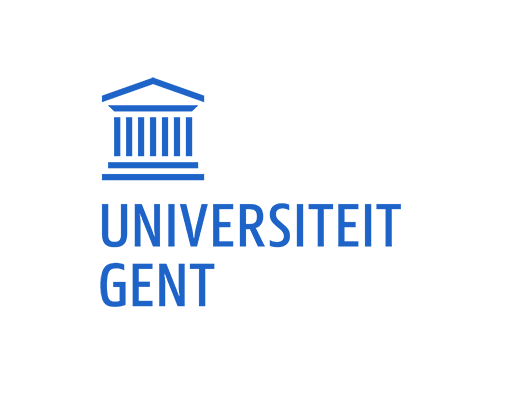Research Project
Wicked problems and educative spaces for urban sustainability transition
Running from 2017 to 2020.
Funded by Formas (Sweden).
This interdisciplinary project is a collaboration between Ghent University (Centre for Sustainable Development) and Uppsala University (SWEDESD & SMED). Its aim is to explore theoretically and empirically how political spaces of urban sustainability transition experiments (UST) may function as educative spaces. Thereby, we strive for both progressing basic research and meeting societal demands: contributing to theory development, developing education and policy scripts and organising activities for stakeholder capacity building.
The project has two objectives: to advance knowledge on how new political spaces of USTs can function as creative educative spaces in view of exploring and creating new possibilities for a more sustainable future; and to strengthen the theoretical and empirical basis for further capacity development and innovation regarding how to design democratic educative spaces in view of governing USTs.
The research questions are the following:
- How can insights from sustainability transition studies and political theories about governance in institutional voids be connected to pragmatist educational theory to develop a deepened understanding of political spaces as educative spaces?
- How can UST initiatives foster creativity in view of visions and action perspectives for UST?
- How to prepare key actors for designing and facilitating creative UST initiatives in the face of wicked problems?
The project elaborates interdisciplinary theory combining insights and frameworks from sustainability transition studies, political theory on new arrangements of governance, and pragmatist educational theory. Methodologically, it combines practical epistemology analysis (PEA) and dramaturgical analysis.

We have developed a conceptual framework that is published in a virtual special issue on ‘Learning in transitions’ of the journal Environmental Innovation and Societal Transitions: 'Opening up the black box of learning-by-doing in sustainability transitions'.
Currently, we are conducting the empirical analyses in case studies in Belgium and Sweden.
Research team: David O. Kronlid, Katrien Van Poeck, Leif Östman, Thomas Block, Michiel Dehaene
Dit interdisciplinaire project is een samenwerkingsverband tussen Universiteit Gent (CDO) en Uppsala University (SWEDESD & SMED). De bedoeling is om theoretisch en empirisch te onderzoeken hoe politieke ruimtes die ontstaan in de context van duurzaamheidsinitiatieven ook als educatieve ruimtes kunnen fungeren. Het project combineert fundamenteel onderzoek met maatschappelijke valorisatie en heeft twee doelstellingen: kennis ontwikkelen over hoe binnen stedelijke duurzaamheidstransities een creatieve, educatieve ruimte kan ontstaan waarin nieuwe mogelijkheden voor een duurzame toekomst gecreëerd en bestudeerd worden; en een theoretische en empirische basis creëren voor capaciteitsopbouw en innovatie m.b.t. het ontwerpen van dergelijke praktijken. We combineren inzichten uit duurzaamheidstransitiestudies, politieke theorie over nieuwe vormen van governance en pragmatische pedagogiek en maken voor de empirische analyses gebruik van 'practical epistemology analysis' (PEA) en dramaturgische analysekaders.



